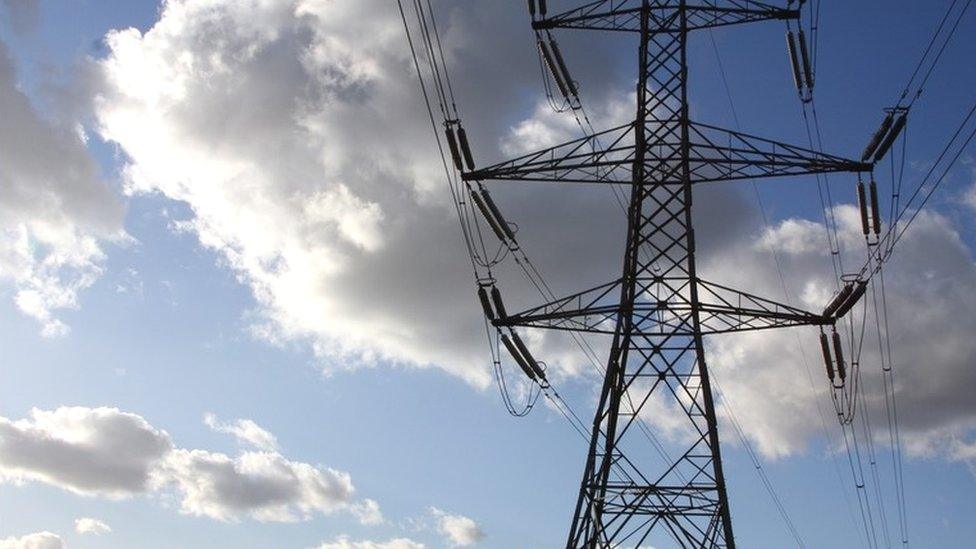Scotland's north-south divide in energy costs
- Published
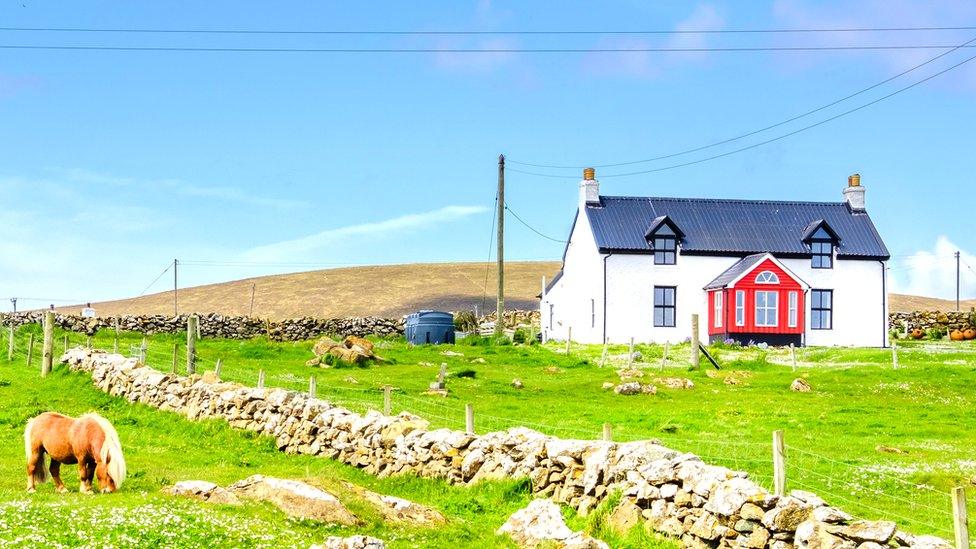
Properties in the north of Scotland are more reliant on electricity and oil and end up paying significantly more in energy costs
People living in the north of Scotland are paying considerably more for their energy than those in the south of the country, it has been claimed.
Research suggests that customers on pre-payment meter tariffs typically pay nearly £100 more a year than Scottish customers living further south.
The latest tariffs have been analysed by research company Cornwall Insight, revealing a stark north-south divide.
The research firm identified a number of factors behind the increased costs.
They include:
The limited availability of gas in rural Scotland means many people can only heat their homes with oil or electricity, which is more expensive.
Not having access to mains gas also means northern customers miss out on cheaper "dual fuel" tariffs.
The cost of supplying and distributing electricity in the north is on average 2p more per kwh than in the south.
A reliance on electricity also means people in the north are paying more of the built-in charges used to fund the development of renewable energy.
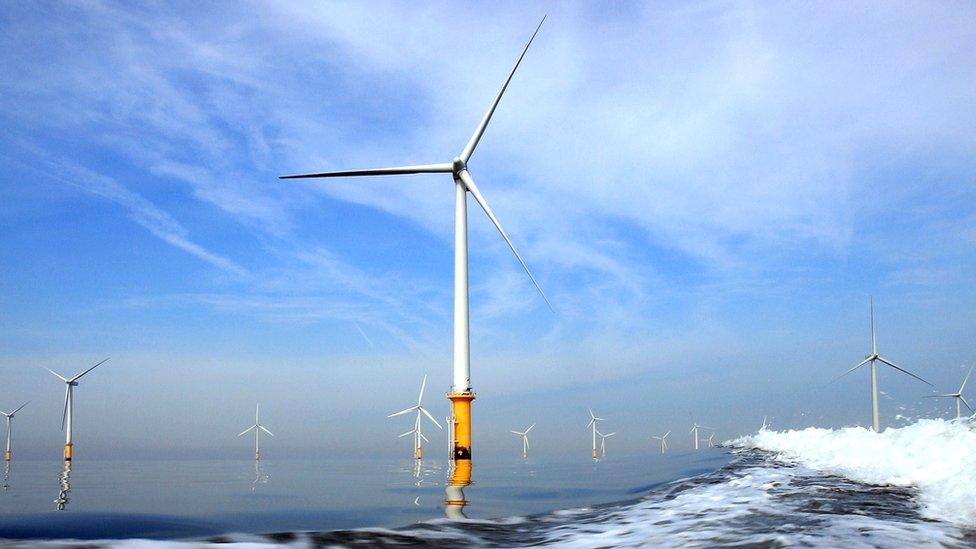
The cost of developing renewables is passed on through electricity bills
Paying more
Robert Buckley, of Cornwall Insight, said: "Customers in the north of Scotland pay more because they have less access to the gas network and are reliant on electricity or oil, which is more expensive.
"You tend to find the weather and the nature of the older properties also are contributing factors.
"Also, the costs of developing renewables is passed onto customers through their electricity bills, so bigger consumers of electricity will be paying more there too."
Mr Buckley said his firm's analysis showed that in comparison to the rest of the UK, northern Scotland distribution costs are 45% above the British average and around a third higher than costs in southern Scotland.
This equates to around £100 extra expense on distribution costs alone.
These costs would be even higher if it was not for a £50m subsidy paid for by all energy consumers to reduce the charges for transporting the power long distances.

'It's a case of eat or heat'
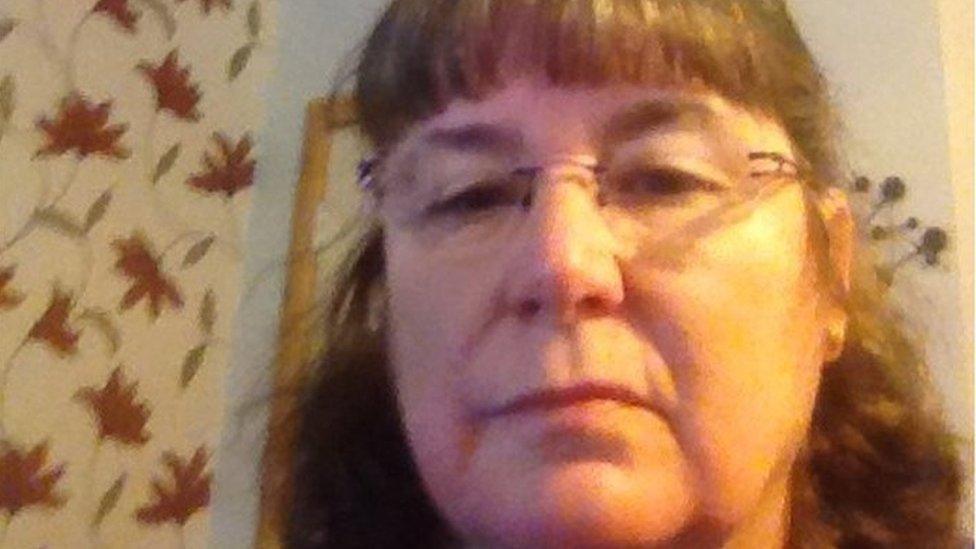
Wendy Fraser, 62, says she spends a lot of her limited income on trying to heat her Highland home
Most nights are early ones for 62-year-old Wendy Fraser at her one-bedroom bungalow in the conservation village of Avoch on the Black Isle.
It is all part of her mission to try and tackle her "horrific" electricity bills, which can top £200 a month as there is no gas supply where she lives.
"At nights I go to bed quite early, I put on my electric blanket and watch TV so I can turn the radiator off in the living room, and keep the one going in the bedroom," she told Radio Four's You and Yours programme.
"It actually makes you quite depressed, it makes you just not want to get up in the morning.
"If we have a very bad winter, and I do hate to admit this, it is going to be a case of eat or heat, or cut down on both.
"I wouldn't mind paying so much if I was lovely and warm and cosy but I am not - I am paying a lot of money for still being very cold."

The higher energy distribution costs in the north of Scotland mean that even areas, such as Aberdeen, which do have mains gas installed, pay more for it than people in southern and central Scotland.
Cornwall Insight compared the cheapest available deals for three tariff types - fixed, standard variable and prepayment- for the average mains gas-heated households in Scotland.
It shows that some customers in the north of the country pay nearly £100 more.
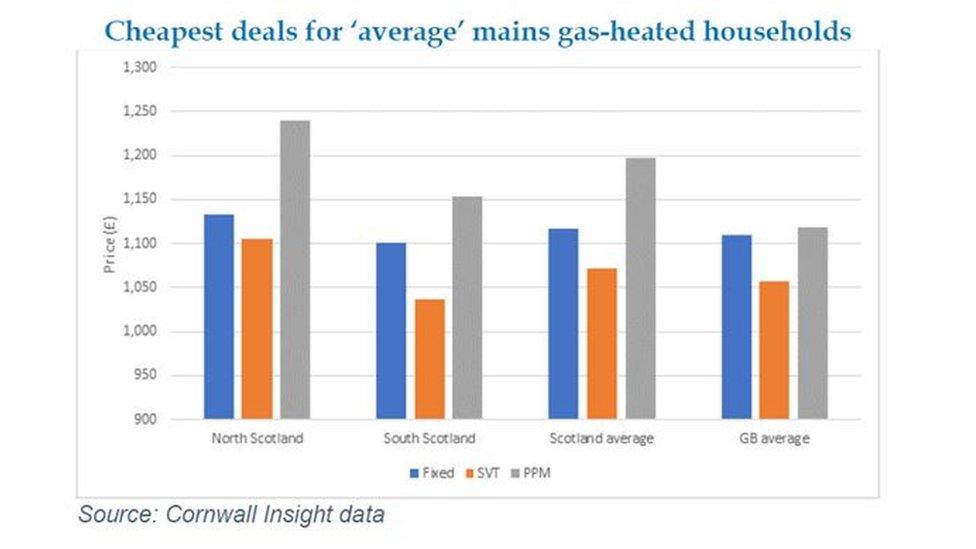
Latest data showed a marked difference between all the tariff types in the north compared to that of the south of Scotland. SV = standard variable PPM = pre-payment meter
Earlier this week, a YouGov survey for Citizens Advice Scotland suggested that one in 10 Scots workers has had to miss paying gas or electricity bills at least once in the last year because they have run out of money.
At Holyrood a Bill to set targets to reduce fuel poverty levels is at its final stage.
Fuel poverty is defined as a household spending 10% of its net income on fuel costs after housing, care and childcare costs.
In 2017, 613,000 Scottish households (24.9% of the total) were in fuel poverty according to the Scottish House Condition Survey.
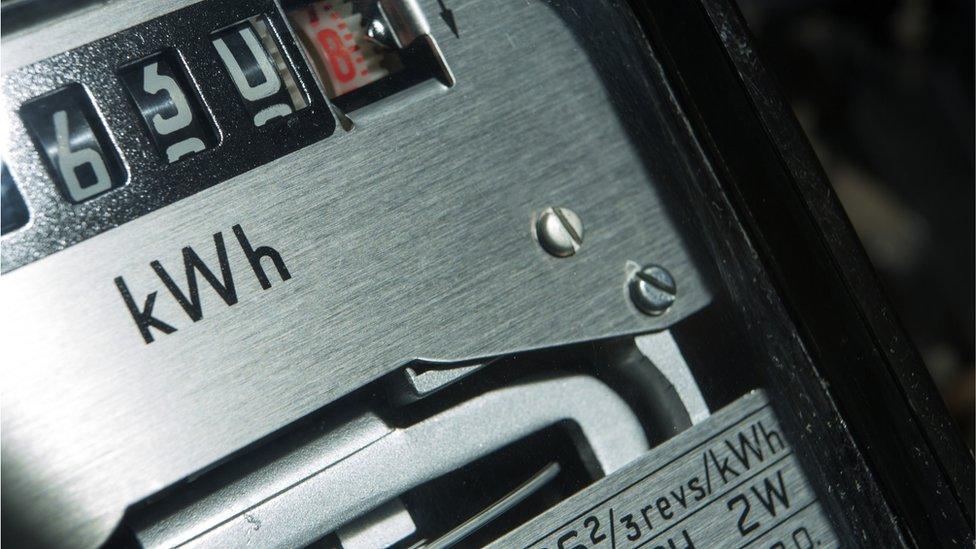
Kevin Stewart, minister for local government, Housing and Planning, Kevin Stewart, said: "It is it unacceptable that people are forced to choose between having the heating on or cooking their dinner, and Scotland is among only a handful of European countries to define fuel poverty, let alone set targets relating to its eradication.
"High energy prices are one of the factors that contribute to fuel poverty. While this issue is reserved, we provide support to households to switch tariffs and save money through our award winning home energy Scotland service."
Hear more on this story on BBC Radio 4's You & Yours programme
- Published21 January 2019
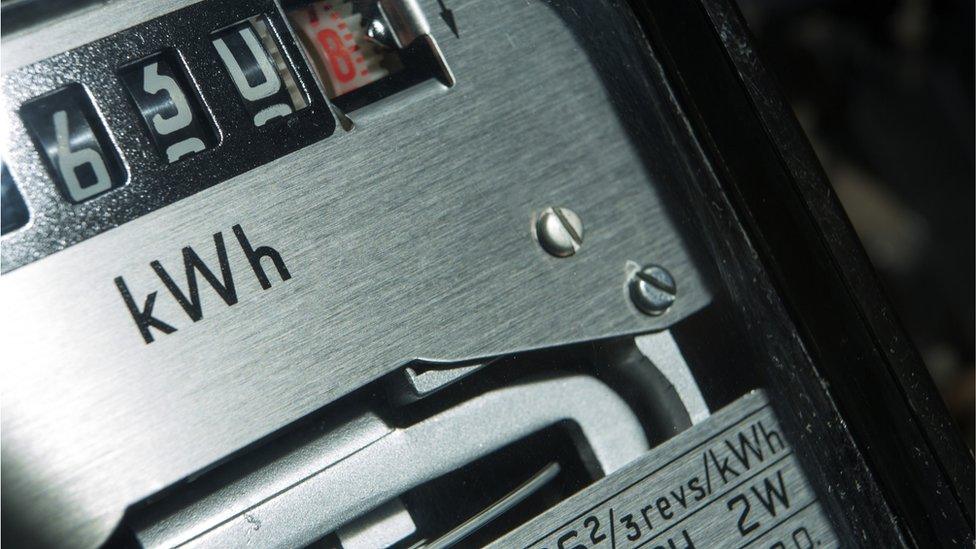
- Published16 May 2019
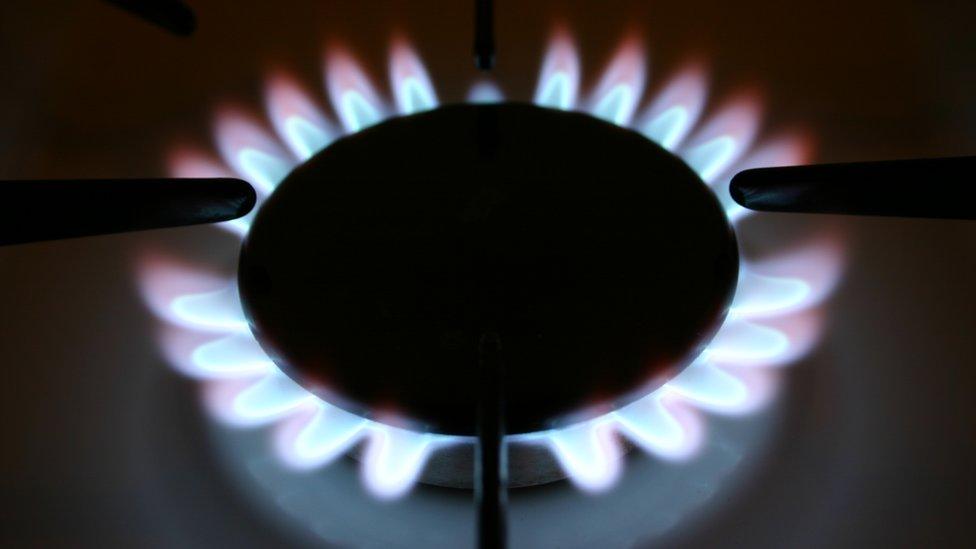
- Published20 April 2018
